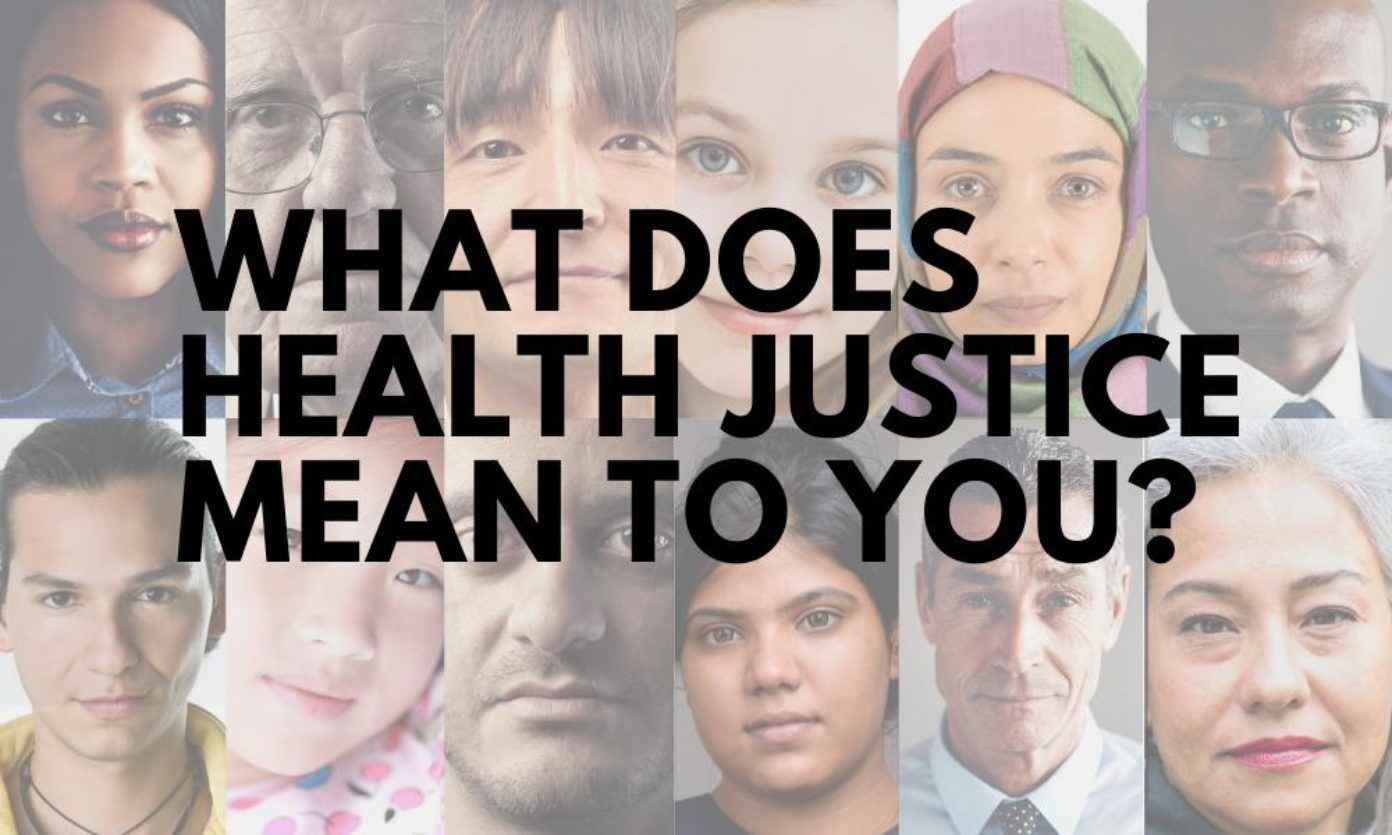Health Justice: Empowering Public Health and Advancing Health Equity
September 12, 2018
Overview
Over the past several months, in the lead-up to our 2018 Public Health Law Conference, we asked Network members and friends what health justice means to you. Your insights, along with a survey of the legal and policy issues impacting health equity, informed the strong and diverse programming for the more than 40 sessions organized for the conference.

Now more than ever, the combined efforts of practitioners, policymakers, lawyers, advocates and researchers are needed to advance critical public health protections and address growing health inequities. The 2018 Public Health Law Conference, October 4-6, will gather public health, legal and other experts from across the country to examine and discuss some of today’s most critical challenges in health law and policy.
Health Justice: Empowering Public Health and Advancing Health Equity is the theme of the 2018 Public Health Law Conference. Leaders in the field will present on a range of emerging issues impacting health including tele-public health, reproductive health equity, healthy neighborhoods, medical-legal partnerships, school discipline reform, homelessness and more.
In it’s May, 2017 Report, “What is Health Equity?”, the Robert Wood Johnson Foundation offered the following definition of health equity:
“Health equity means that everyone has a fair and just opportunity to be healthier. This requires removing obstacles to health such as poverty, discrimination, and their consequences, including powerlessness and lack of access to good jobs with fair pay, quality education and housing, safe environments, and health care.”
In the months leading up to the conference, we asked you, Network members and friends, what health justice means to you. Here are some of the things you told us:
“Everyone has a right to be healthy and to be treated fairly. It is our job as a nation to advocate for policy that enhances health and defend health equity.”
“Health Justice to me, means the intentional dismantling of structural and policy barriers to accessing high quality and culturally competent healthcare. Insurance coverage needs to be full spectrum and provide holistic options to promote healthy behaviors while acknowledging that individuals live in communities that restrict their access to healthy foods, secure walking areas, and other protective health factors that would lead to higher quality of life.”
“Equal access to health information and care, and equal protection under the law to ensure a healthy and safe environment.”
“Though the current sentiment around the national healthcare system regards individuals as the sole proprietors for illness causation and the lack of prevention; health justice dictates that this notion is false, and the actual outliers that impact one’s propensity to chronic illnesses, can be attributed to various social determinants that are beyond the control of any one individual. Health Justice is a collective concept that should be considered a fundamental human right.”
“Health justice means health equity, dismantling the effects of racism and working towards sustainable policies and innovations that will last through generations.”
“It’s about ensuring everyone has what they need to be healthy. And when they don’t, we rally and advocate for what they define as a need. Justice is about fairness and what’s fair for one population or neighborhood or state may not be what’s needed elsewhere. It’s about meeting the needs to bring equity and fairness to the forefront, where people can live to their fullest potential.”
Health justice means creating equity in our public health system by working alongside community members to envision an environment that promotes health rather than destroys it. It’s about ensuring that all people, regardless of their socioeconomic background or where they live, have access to healthy food, recreation, reliable transportation, jobs that pay livable wages, and adequate healthcare.”
“Health justice gives human dignity to everyone, regardless of who they are or where they come from. It means access to equitable and affordable quality care for all.
Our Network attorneys also reflected on their work and what health justice means to them. Associate Director of the Network’s Eastern Region Office, Mathew Swinburne, talked about food insecurity as a health justice issue. Jane Perkins, a senior attorney at the Network’s Southeastern Region Office, whose work focuses on maternal and child health and Affordable Care Act implementation, spoke about access to health care as a health justice issue, and former Network staff attorney, Madeline Morcelle, now with the Mississippi Center for Justice, shared her personal passion for advancing health justice for people experiencing homelessness.
Your insights, along with a survey of the legal and policy issues impacting health equity, informed the programming that has been selected for the 2018 Public Health Law Conference. Divided into five tracks, the conference will feature more than 40 sessions exploring law and policy pathways to improving access to health care, protecting vulnerable populations against health risks and injury, developing protections against discriminatory practices, and strengthening efforts of local, Tribal and state public health agencies.
We hope you can join us in Arizona, but for those of you who are unable to attend, a special issue of the Journal of Law, Medicine, and Ethics (JLME) on public health law practice, policy and research related to the conference will be published in the summer of 2019.
We are pleased to have this opportunity to bring together so many of you who are working to ensure that everyone has the opportunity to live in good health. Stronger together, we can make great progress.
The Network for Public Health Law provides information and technical assistance on issues related to public health. The legal information and assistance provided in this document do not constitute legal advice or legal representation. For legal advice, readers should consult a lawyer in their state.
Support for the Network is provided by the Robert Wood Johnson Foundation (RWJF). The views expressed in this post do not necessarily represent the views of, and should not be attributed to, RWJF.
